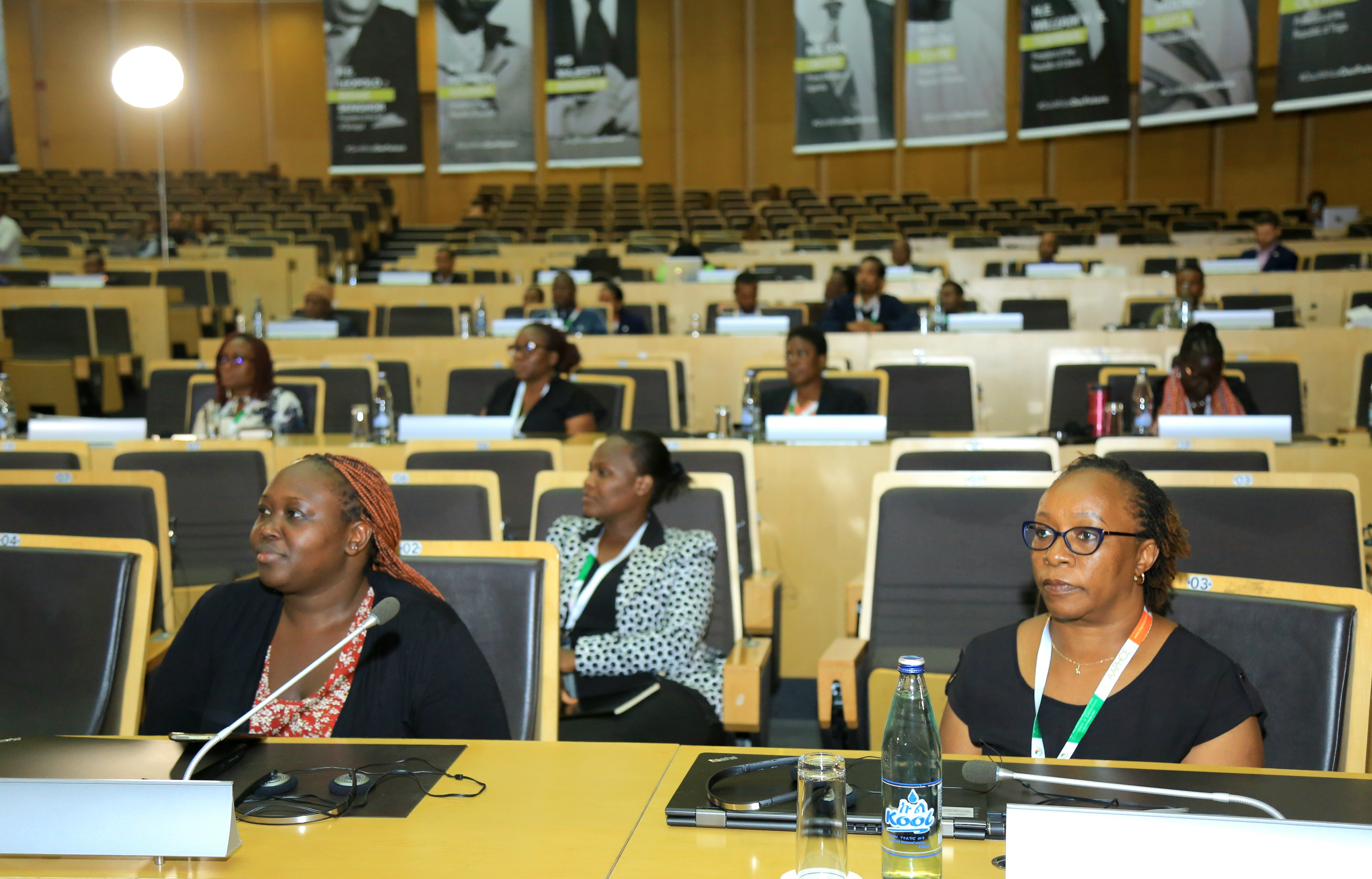Post-harvest Losses Remain Dev't Challenge in Africa, Says AU Commissioner - ENA English
Post-harvest Losses Remain Dev't Challenge in Africa, Says AU Commissioner

Addis Ababa, September 19/2023(ENA):-Food loss and waste, particularly post-harvest losses, remain a development challenge in Africa, AU Agriculture, Rural Development, Blue Economy and Sustainable Environment Commissioner Josefa Sacko said.
The 4th All Africa Post-harvest Congress and Exhibition that kicked off today aims to address the critical issue of food loss and waste across the African continent.
In her opening remarks, Commissioner Sacko said the congress is taking place at a time when the world is grappling with unprecedented levels of hunger and malnutrition, but more rampant in Africa.
She noted that "despite our collective efforts to achieve global food security, food loss and waste particularly post-harvest losses, remain a development challenge in Africa.''
Post-harvest loss and waste exacerbate food insecurity, reduce income of farmers and communities, waste precious land, water, and energy resources by using resources without generating human benefits and increasing greenhouse effects on the environment, the commissioner elaborated.
Out of the more than 800 million people facing hunger globally, 278 million are in Africa, Commissioner Sacko revealed, adding that whereas 30 percent of the food produced for human consumption is wasted.
This calls for urgent and concerted efforts to preserve the harvest for human consumption and save the environment, she underlined.
Food loss and waste remains a major challenge in efforts to address food security in Africa.
Recent reports show that post-harvest food loss and waste in Africa remains unacceptably high, with losses estimated at 14 percent and waste at 17 percent. When combined, the total food loss and waste on the continent is approximately 31 percent.
Inter-African Coffee Organization Secretary General, Solomon Rutega said that the organization represents 25 African coffee producing countries and attaches great importance to the subject of post-harvest management in boosting intra-Africa agricultural trade, and enhancing food and nutrition security as critical for the sustainability of the coffee industry.
The coffee sub-sector in Africa is still encumbered by a number of interrelated structural constraints along the value chain, especially those pertaining to low farm level production and productivity, poor post-harvest management, lack of value addition, infrastructure, among other issues.
African coffee yields tend to be low as growers may not have access to new markets and plant materials that would greatly increase the productivity, if provided, Rutega stated.
To this end, the role of efficient post-harvest management plays a critical role in addressing some of these challenges, especially in boosting Inter-African Coffee trade, by enhancing the quality, quantity supply chain integration and value addition.
The 4th All Africa Post-harvest Congress has brought together participants from various African countries, including farmers, researchers, policymakers, private industry stakeholders, and civil society representatives, devoted to solving the challenges of post-harvest management.